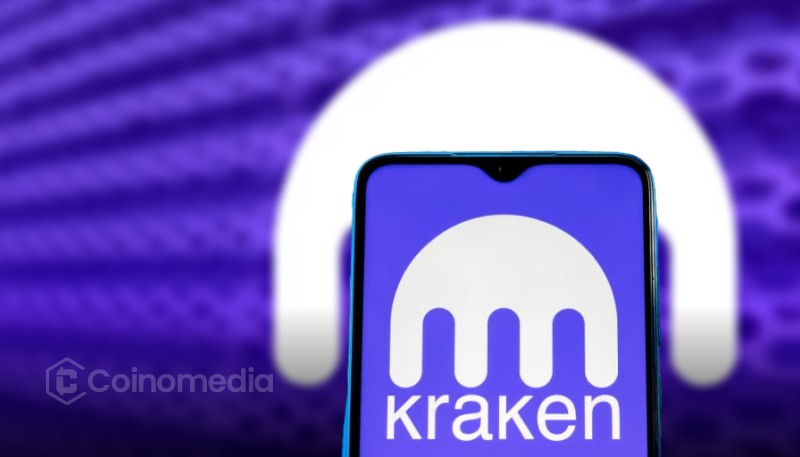Kraken Expands EU Access to Regulated Crypto Derivatives
Kraken now allows EU users to post crypto as collateral on its MiFID-regulated derivatives platform.

- Kraken enables crypto collateral for EU traders
- Derivatives trading aligned with MiFID rules
- More accessibility for institutional EU investors
Kraken, one of the world’s top cryptocurrency exchanges, has announced a major update for its European users. EU-based traders can now post crypto assets as collateral when trading on Kraken’s MiFID-regulated derivatives platform, marking a significant shift in how digital assets can be used within the European regulatory framework.
The move positions Kraken as one of the first crypto exchanges to offer regulated access to derivatives under the Markets in Financial Instruments Directive II (MiFID II). This allows users in the European Union to trade with greater confidence and in compliance with local financial laws.
What This Means for EU Crypto Traders
By allowing crypto to be used as collateral, Kraken is opening doors for more flexible and capital-efficient trading. Instead of depositing only fiat or stablecoins, traders can now use their Bitcoin or other supported digital assets to back their derivatives positions. This is especially attractive to institutional investors who prefer to hold crypto without converting it to fiat.
Kraken’s decision also aligns with the increasing demand for regulated crypto trading solutions in the EU. It shows a commitment to building trust with regulators and users alike, while offering innovative products that meet the expectations of both professional and retail investors.
A Step Toward Broader Crypto Integration in Finance
The integration of crypto collateral on a MiFID-regulated platform is more than just a feature—it’s a signal. It indicates that crypto is becoming a more accepted part of mainstream finance in Europe. Kraken is taking proactive steps to ensure it remains a leader in compliance while expanding trading opportunities for its growing user base in the region.
This move may also encourage other exchanges to pursue similar regulatory approvals, accelerating the legitimization of crypto trading across Europe.



